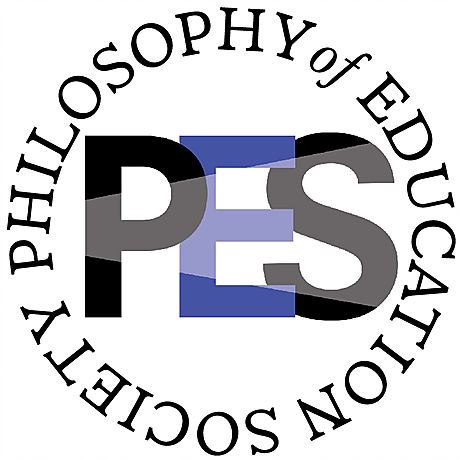The Philosophy of Education Society is an international forum that promotes the philosophic treatment of educational practice, policy and research, advances the quality of teaching the philosophy of education, and cultivates fruitful relationships between and among philosophers, philosophers of education and educators.
"A Call for Constructive Engagement" Signatory
The Philosophy of Education Society has added our organization to "A Call for Constructive Engagement," a statement sponsored by the American Association for Colleges and Universities, created to enable higher education institutions and scholarly societies to speak in one voice against the unprecedented government overreach and political interference that threaten the work of students, teachers, scholars and researchers. We join over 600 signatories pressing for constructive engagement between higher education institutions and government authorities in order to protect the freedom to teach, research, and learn in U.S. higher education institutions.
Call for Proposals
2026 Annual Meeting of the Philosophy of Education Society
March 5-9, 2026
Pittsburgh, PA
Pittsburgh, PA
Registration For the Conference Open Here!
The program committee invites your submissions for the 2026 annual meeting of the Philosophy of Education Society meeting, to be held at the Omni William Penn Hotel in Pittsburgh, PA, March 5-9, 2026. Submissions are welcome starting August 1, 2025, and are due on November 1, 2025. Please visit the conference website to submit. We invite papers and session proposals for all topics in philosophy of education. To encourage focused conversations, we also invite contributors to consider this year’s theme: To be Rooted: Place, Education, and Ethics.
To Be Rooted: Place, Education, and Ethics
To be rooted is perhaps the most important and least recognized need of the human soul. It is one of the hardest to define. A human being has roots by virtue of his real, active and natural participation in the life of a community which preserves in living shape certain particular treasures of the past and certain particular expectations for the future. [1]
Place, according to Weil, is perceived as an intrinsic need for life. A stable place can support one’s growth, where both individual and social attributes are developed. A place can be understood as one’s belonging in the world, where experiences shape one’s identity, culture, worldview, and sense of security. [2] Yet, in times of global political, humanitarian, and environmental crises, many feel the absence of belonging, familiarity, and a sense of fragility, where one needs to take responsibility for the world. [3] The ethical responsibility for these absences echoes Weil’s essay The Need for Roots, written amidst the horrors of World War 2, in which she recognizes place as a point of departure for advancing ethical life. Places, in this sense, “do not possess single, determinate identities, but are instead constituted out of multiple sets of relations between the entities within those places." [4]
In light of this brief introduction, we invite submissions that explore the possible meanings place holds in educational contexts. What philosophical, wisdom or indigenous traditions can inform a contemporary sense of belonging and finding one’s place in the world as a basis for individual, social, and educational flourishing? What possibilities and dangers does the concept of place present for education? Given current global crises (regional wars, climate migrations, nationalist deportations), what are philosophical responses to the challenges of uprootedness as it impacts education? How can we conceptualize the state of being familiar with and rooted in the known, while simultaneously receptive to the unknown, as is crucial for Bildung? What does place mean in the digital age? What might be the meaning of “ethics of place” in educational contexts? How can educators view the concept of place as a platform to ignite imagination and envision a transformative reality, or a better future?
For more information, click here!
[1] Simone Weil, The Need for Roots: Prelude to a Declaration of Duties toward Mankind (London: Routledge & Kegan Paul, 1952), p. 43.
[2] This understanding of place resonates with phenomenological works on place by Heidegger, Marleau-Ponty, Bachelard, and Lefebvre.
[3] See Morten Timmermann Korsgaard, Line Hilt, Merete Wiberg, and Mariann Solberg, “Bildung and the Significance of Place: An Overview,” Journal of Philosophy of Education 58, 5 (2024): 599–605. https://doi.org/10.1093/jopedu/qhae072
[4] Jeff Malpas, “Is there an Ethics of Place?,” Localities, 2 (2012): 26.
Check out the latest episode of our "Thinking in the Midst" podcast on your preferred listening app:
|
Upcoming Events
Research Dropbox initiativeWe invite you to upload your research papers and other publications using the dropbox link below for sharing via pes social media. This initiative aims to support the broadest and most effective distribution of scholarship produced by pes members.Click here to submit your work today! |
